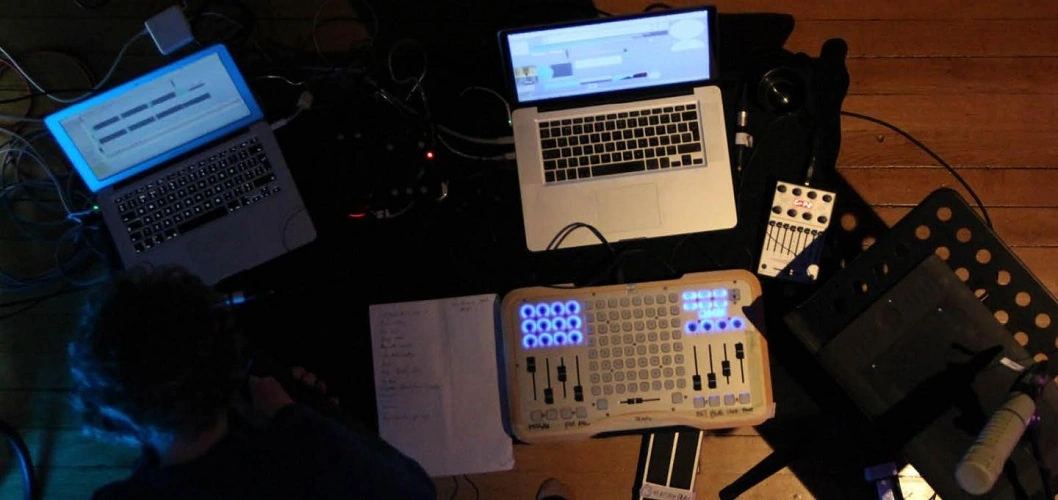
Acoustics & Music Technology
Overview
The Acoustics and Music Technology BSc (Hons) course is a challenging programme that offers a scientifically oriented foundation in music production and engineering.
It provides a massive knowledge of acoustics principles and digital tools in music creation and manipulation. With the course, students can design the music tools, spaces and future software by developing their scientific skills.
Objectives
- Develop a strong foundation in acoustics and music technology concepts.
- Acquire proficiency in sound recording, editing, mixing, and mastering.
- Enhance problem-solving and critical thinking skills in acoustical engineering contexts.
- Prepare students for successful careers in audio engineering, music production, and related fields.
Prerequisites
- High school diploma or equivalent.
- Strong background in mathematics, physics, and music.
- English languages proficiency
Curriculum Outline
- Fundamentals of acoustics
- Sound propagation and measurement
- Noise control and vibration analysis
- Audio signal processing
- Music production techniques
- Recording and editing techniques
- Mixing and mastering
- Sound design
- Music technology software
- Acoustics and music performance
Teaching Method
- Lectures
- Laboratory experiments
- Fieldwork
- Group projects
- Case studies
- Practical workshops
Modules
- Introduction to acoustics and music technology
- Sound propagation and measurement
- Noise control engineering
- Audio signal processing
- Music production techniques
- Recording and editing techniques
- Mixing and mastering
- Sound design
- Music technology software
- Acoustics and music performance
Assessment Methods
- Lectures
- Tutorials
- Practical workshops
- Continuous assessment
- Project work
- Presentations
- Peer assessment
- Exams
Course Duration
- 03 years in the UK (may vary depending on the programme)
- 04 years in the USA, Canada, Australia and others (may vary depending on the programme)
Facilities
- Acoustics laboratories
- Audio engineering studios
- Music recording studios
- Computer labs
- Sound measurement equipment
Career Pathways
- Audio engineer
- Music producer
- Sound designer
- Music technologist
- Acoustics consultant
- Live sound engineer
- Post-production sound engineer
- Music teacher
Fees and Fundings
- Tuition fees are £22,950 per year and may vary depending on the institution
- Scholarship, grants, and financial opportunities are available.
- Government loan aids are available.
Entry Requirements
Standard entry requirements are:
- SQA Highers.
- A Levels.
- IB: 34 points with 655 at HL.
Field Work and Internships
- Opportunities for internships in the music, film/TV, and technology industries, as well as research.
- Work in creative areas such as film, theatre and the arts.
Certifications
- CertHE Entertainment Business & Technology
- Certificate in Music Technology
- Higher Certificate Creative Music Technology
- Certificate IV in Music Industry (Sound Production)
- Certificate in Music Technology and Sound Engineering
Intakes
Typically twice a year (fall and spring), but may vary, like:
- Fall semester
- Spring semester
- Summer semester
Student Testimony
"An inspiring and incredibly well designed course that gave me the best musical education I could have dreamt of. Life-altering," says - "David Dargahi, Alumni."
Frequently asked questions
Many universities offer a variety of scholarships and financial aid options for international students. These can include merit-based scholarships, need-based grants, and loans.
